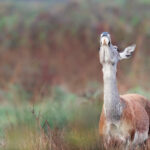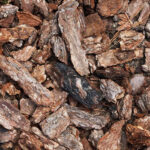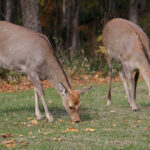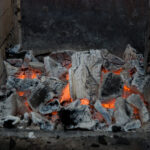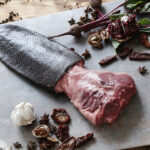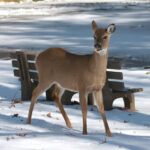Nothing beats a full day out hunting. Getting up early to get to your favorite spot and spending the day out in nature is rewarding and relaxing.
But you need to make sure you’re well-hydrated and have plenty of energy, so eating the right foods is essential. Not only for yourself but also to ensure what you’re eating doesn’t scare off nearby deer.
So can you eat while deer hunting?
Table of Contents
- Can you Eat While Deer Hunting?
- Why It’s Risky
- Foods to Avoid
- Safe Foods
- Final Thoughts
- Related Posts
Can you Eat While Deer Hunting?
To stay well-fed and maintain your energy, be sure to bring protein and sugar-rich foods on your hunt. But remember, deer have exceptional senses and will undoubtedly hear or smell what you’ve got to eat, so try and avoid foods that have a strong odor or make lots of noise!
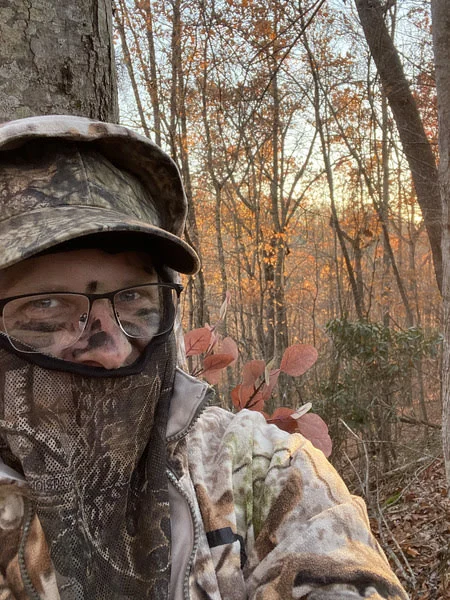
Why It’s Risky
Deer have the ability to smell up to 1000 times better than humans and can register many different smells at one time. If you’re not careful, deer can smell the food you’ve brought from half a mile away!
With their finely-tuned survival instincts and eagerness to run away from the slightest hint of danger, strong-smelling food can send them running for the hills. You’ll want to choose your foods carefully by selecting something deer don’t hate the smell of and can’t smell from a long way away.
This survival instinct also extends to their hearing, as all hunters know the slightest stick crack can send a deer running.
While deer have similar hearing skills as humans, they constantly monitor their surroundings for out-of-the-ordinary sounds.
Bringing a crinkly wrapper or a crunchy snack with you on your hunt can be all it takes for a deer to hear you and run the other way. Make the right food choices and consider repackaging your food with less noisy wrapping.
The last deer sense you really need to consider is their sight. This is why hunters camouflage and attempt to make as little movement as possible when a deer is close.
Researchers have discovered that deer are far-sighted and have a wide field of view, being able to pick up on the slightest movement from up to 100 yards away. So make sure to pick your eating times carefully to avoid a deer spotting you.
Foods to Avoid
To make sure you blend into your surroundings, don’t pick food that can trigger one of the deer’s senses mentioned above. Here are some common ones to avoid that other hunters have noted over the years.
Garlic and onions are big ones to avoid as the smell can last on your breath and even your pores in the days before your hunt. So you definitely want to avoid bringing them with you as the strong smell is known to repel deer.
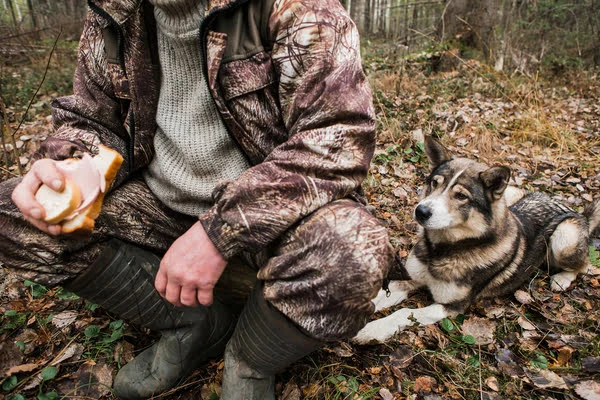
Sometimes it isn’t the food itself, but the smell that the hunter produces after eating.
Avoiding foods that make you pass gas or have a bowel movement should be limited. Those smells can travel downwind and make a deer think a predator is nearby.
Everyone has different reactions to these foods, but common ones can include coffee, beans, apples, and foods high in bran, lactose, and fructose.
If some of these foods give you intestinal reactions, it’s best to avoid them on your hunt.
Related: Why Does Venison Give You Gas?
Other foods to avoid when deer hunting are candy and chips because of their loud wrappers and they are crunchy when chewing. They are also low in nutrients and protein, so they don’t make good hunting snacks.
There are also natural deer repellents that people use to keep deer away from their properties that can also be found in your food. Some of these include mint, thyme, sage, rosemary, and oregano. Avoiding food with these seasonings would be advised.
This is, by no means, an extensive list of foods that might scare off deer.
Being downwind from the deer and being out of their hearing and sightlines can fix most of these issues. So take some precautions and find what works best for you.
Safe Foods
Simple and nourishing foods are the best hunting snacks that will keep you well-fed and limit the chances of alerting nearby deer. Nothing that is too fragrant, unnatural, or loud to eat.
An energy or granola bar with nuts, oats, and a little chocolate is a great boost of energy from protein and sugar. You can consider opening them at home and placing them in a container or cloth wrapping so you don’t have to deal with the noisy wrapper.
Snacking on nuts, seeds, and trail mix is also a great option that will keep you nourished for hours.
For something a little more filling, peanut butter and jelly sandwiches are a go-to for many hunters. Simple and effective.
And as an added bonus, peanut butter is a deer attractant and help may lure in a big one.
For some meat protein, like jerky, is a great option as it’s dry-aged and has less moisture than cooked meat. This will reduce its smell while being a great snack to keep with you all day outside.
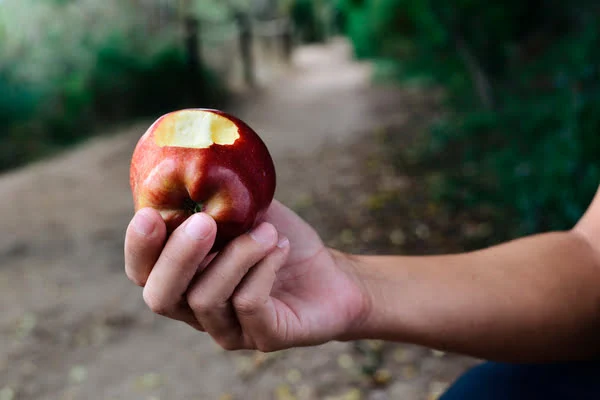
Having some fruit on you is also a great hunting snack as it’s completely natural so its smell might not stand out and alert nearby deer. Try bringing some bananas, and if you’re quiet when eating, some apples, as deer are attracted to apples and might be lured by their scent.
There are countless snack ideas that will keep you fed without bringing you unwanted attention.
If you’re new to hunting, start simple with some basic, natural foods. The goal is to not be hungry and uncomfortable, no need to bring gourmet meals out on your hunt.
Final Thoughts
There are dozens of variables at play when hunting that might tip off the deer to your presence.
Limit those variables by not bringing food that deer could hear, see, or smell as a warning signal.
By sticking with natural, neutral-smelling foods that don’t cause a lot of sound and movement when eating, you can stay in the zone all day until you get that opportunity for the kill.
Plan out your meals, stay patient and vigilant, and you can enjoy success while eating and hunting.
